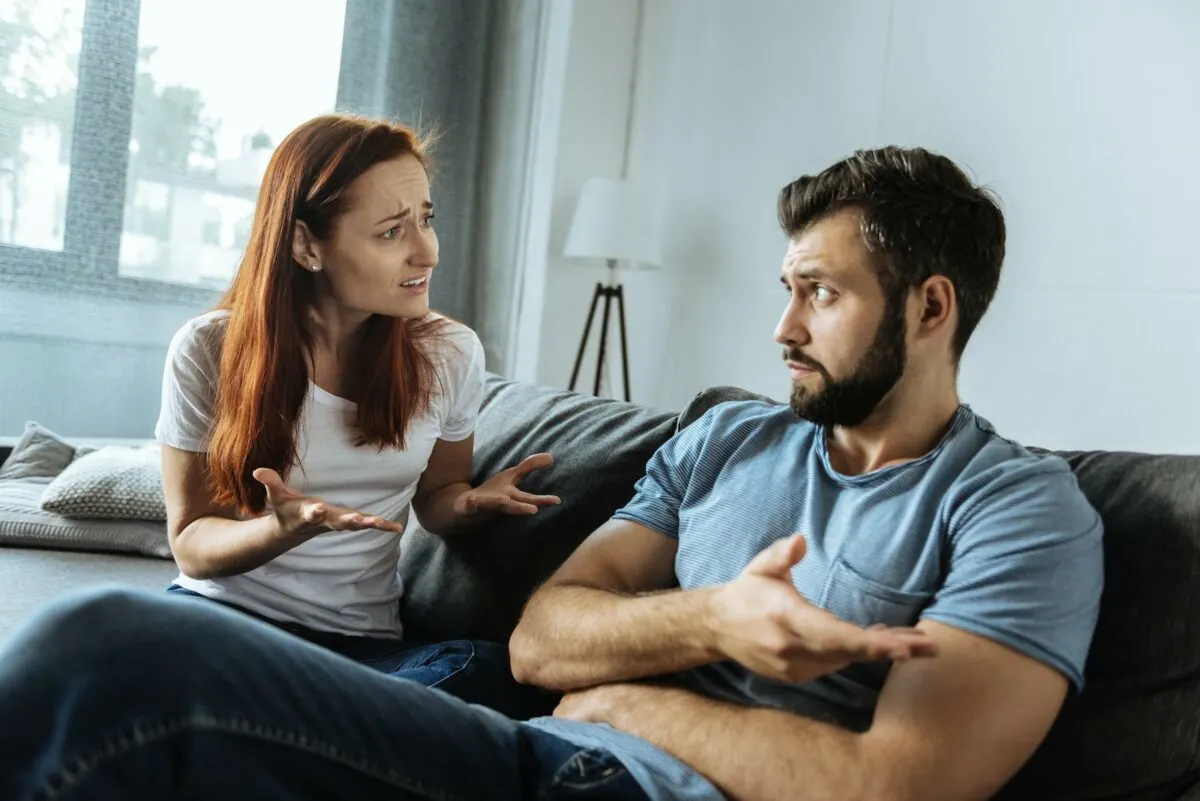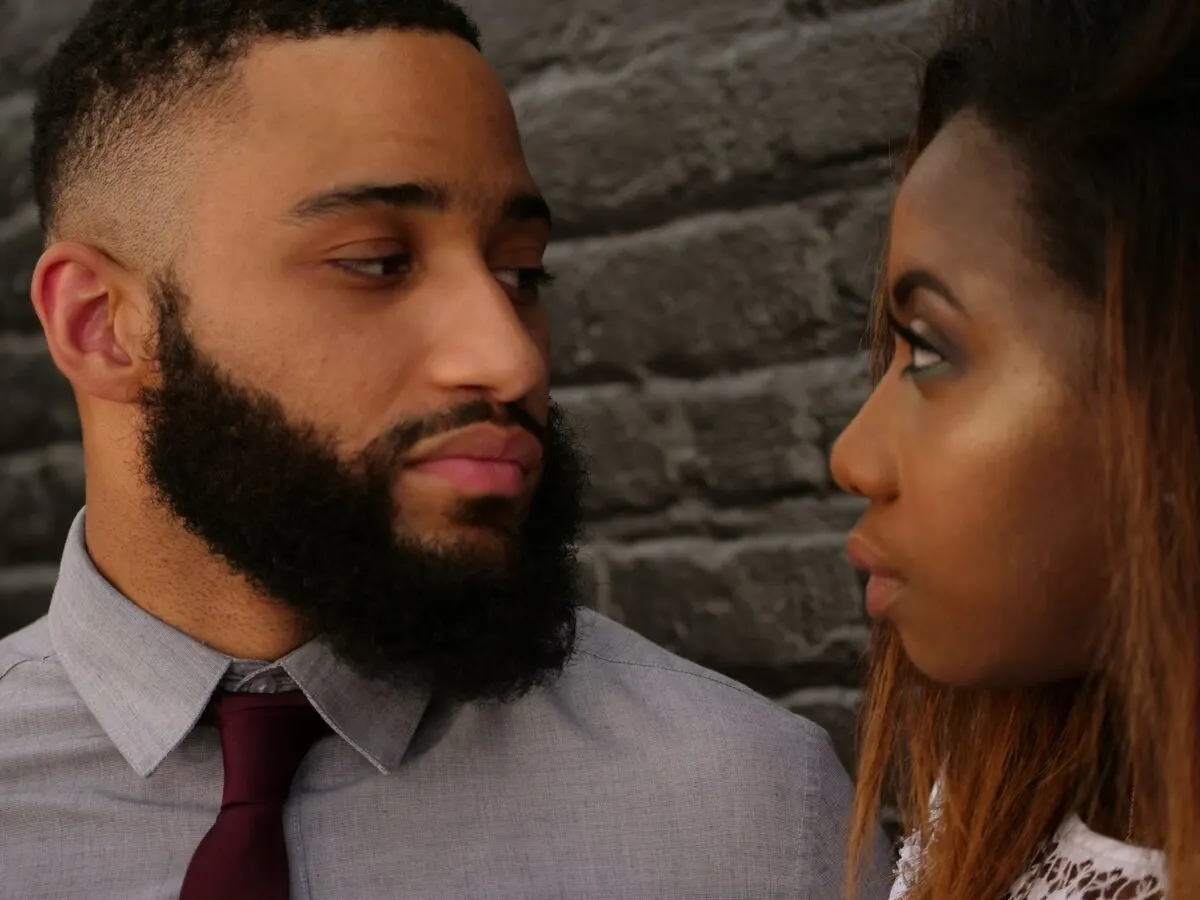Navigating through a breakup can be difficult, especially when an ex-partner with an avoidant attachment style suddenly wants to be friends. While it’s not unusual for people to remain friendly after a separation, it cannot be obvious when an avoidant ex wants to maintain a close connection. Being aware of their attachment pattern can help you understand the reasons behind their desire to stay friends, as well as help you make a prudent decision on whether or not to maintain contact.
A strong need for independence and self-sufficiency characterizes an avoidant attachment style. People with this attachment style often prefer emotional distance over vulnerability and tend to shy away from committed relationships. However, when a relationship ends, an avoidant ex might seek the comfort and reassurance that a friendship can provide without the pressures of romantic attachment.
In some cases, an avoidant ex may value the bond formed during the relationship and wish to preserve a connection without the romance. It’s essential to carefully consider their motives before agreeing to be friends and to make a choice that best serves your emotional well-being.
Key Takeaways
- Avoidant exes might want friendship for comfort, reassurance, and emotional connection without the pressures of a committed relationship.
- Awareness of an avoidant attachment style can give insight into their motives for seeking friendship.
- Consider your emotional well-being before maintaining a friendship with an avoidant ex.
What is an Avoidant Attachment Style?
You might have heard of avoidant attachment when it comes to attachment styles. This particular style encompasses two subtypes: dismissive-avoidant and fearful-avoidant. These types can impact you as an individual and your relationships with others. Let’s dive into the details.
An avoidant attachment style is characterized by an individual’s tendency to avoid emotional closeness and dismiss the importance of intimate relationships. This often comes as a self-protective measure due to negative experiences in their early life, such as feeling neglected or unsupported by caretakers. People with avoidant attachment tend to have a negative view of others and a mostly positive view of themselves.
An individual’s preference marks the dismissive-avoidant subtype for self-reliance and independence. While they may be casual and nonchalant about their connections with others, they can downplay the need for closeness to protect themselves. You might notice that your dismissive, avoidant ex could struggle with commitment or emotionally detaching from relationships quickly.
On the other hand, the fearful-avoidant subtype desires love, closeness, and connection but fears the possible pain and vulnerability of such relationships. This leads to confusing behaviors, where someone with a fearful avoidant attachment might initially be open to bonding but later retreat emotionally or physically. This could be the case with your fearful, avoidant ex if you’ve noticed that they seemed to both invite and fear your closeness simultaneously.
Understanding avoidant attachment styles, particularly the dismissive and fearful-avoidant subtypes, can provide valuable insights into why your avoidant ex might want to remain friends. Remembering that attachment styles are not fixed and can change over time with the proper support and personal growth is essential.
Why do avoidant exes want to be friends?
They want to keep you as an option
An avoidant ex might want to keep the connection intact because they see the value in having you around. By remaining friends, they can keep you in their life without committing to a romantic relationship. This might provide them a sense of security if they want to rekindle the relationship later on or find companionship when needed.
They want the comfort of your presence
Even after a breakup, your avoidant ex may still be drawn to the comfort and familiarity of your presence. Being friends allows them to maintain that emotional connection without a romantic relationship’s responsibilities and potential vulnerabilities. You may offer them a sense of stability and support, which they might not be ready to let go of completely.

They feel guilt or remorse
Guilt or remorse could also prompt an avoidant ex to propose friendship. They may feel bad about the breakup or how things were handled and believe that remaining friends is a way to make amends. By staying on friendly terms, they can alleviate some of their guilt and maintain a more positive image of themselves.
They don’t want to face the consequences of ending a relationship
Breakups can be painful and difficult for both parties involved. An avoidant ex might want to avoid the negative emotions and social consequences of entirely severing ties. By suggesting a friendship, they can preserve some semblance of normalcy and possibly reduce the impact of the breakup on their emotional well-being.
They want to be friends with benefits
Sometimes, an avoidant ex might want to maintain a relationship that includes physical intimacy without emotional commitment. Being friends with benefits allows them to experience the perks of a romantic relationship without the deeper connection that may make them uncomfortable.
They want to use you
In some cases, an avoidant ex might suggest friendship for ulterior motives. They could be looking to take advantage of your emotional or financial support or want to maintain control over you. In such situations, you must recognize these intentions and set clear boundaries to protect yourself.
What should you do if your ex wants to be friends?
Are you OK to be in the friend zone?
Before deciding to be friends with your avoidant ex, consider if you’re comfortable entering the friend zone. It’s essential to recognize that the emotional and intimate connection you once shared will no longer be present in the same way it was. If you can accept this change and maintain a healthy friendship, proceed cautiously.
Analyze your feelings
Take some time to analyze your feelings toward your ex and the situation. Consider whether maintaining a friendship will provide the emotional support you and your ex need during your transition. Consider if you’re seeking validation or hanging on to the relationship out of fear of being alone. Be honest with yourself about your intentions and emotions.
Respect yourself
In any relationship, it’s crucial to prioritize your needs and maintain a sense of self-respect. If you feel that being friends with your ex will compromise your emotional well-being, it’s OK to say no. Remember, you’re not obligated to be friends with anyone, even an ex-partner.

Do not entertain their selfish interests
An avoidant ex may want to remain friends due to selfish interests, such as maintaining the emotional connection without the commitment of a romantic relationship. Be aware of this possibility and ensure not to entertain these interests if they do not align with your needs. Instead, focus on achieving a secure and healthy connection with yourself and others who genuinely provide emotional support.
Remember, it’s crucial to prioritize your emotional well-being and maintain your sense of self-respect. Your decision to befriend an avoidant ex should be based on your feelings and not on anyone else’s selfish interests. Keep a friendly tone and always prioritize your needs in any relationship.
Final Words: Avoidant ex wants to be friends
To understand why your avoidant ex wants to be friends, it’s essential to recognize their possible intentions. As you’ve learned, an avoidant ex might seek friendship for various reasons, like wanting the comfort of your presence, avoiding the consequences of ending the relationship, keeping you as an option, or feeling guilt and remorse.
Takeaway lessons from this article could be used to help you navigate your post-breakup relationship with an avoidant ex. Remember, their decision to stay friends might not necessarily be negative. They could still care about you and value your connection, even if not romantically. It’s also possible that they want to be friends to maintain an emotional connection, to keep in touch, or simply because they genuinely enjoy your company.
A helpful book on attachment styles is “Attached” by Amir Levine and Rachel Heller. It can provide further insight into avoidant behavior and help you handle the relationship healthily. Remember that every situation is unique, and other factors may influence your ex’s decision.
Consider your boundaries and needs when deciding whether to engage in a friendship with an avoidant ex. Focus on open communication, mutual respect, and honest discussions about your relationship. And don’t forget that in the end, taking care of yourself and ensuring your happiness should be the utmost priority.
Remember to be friendly and open when approaching this delicate topic, respecting your ex’s feelings and point of view while standing firm on what works best for you and your emotional well-being.
Frequently Asked Questions
An avoidant ex may want to be friends if they initiate contact, express their continued interest in your life, or suggest maintaining a connection. They might also prefer to communicate regularly and engage in activities together. Keep in mind, though, that every individual’s behavior may vary.
Dealing with an avoidant ex who wants to be friends requires setting clear boundaries and understanding each other’s expectations. Be honest about your feelings and determine whether friendship is in your best interests. Maintain open communication; if needed, take some time to heal before entering a friendship.
Avoidant ex-partners may or may not come back, as it largely depends on the individual and the circumstances surrounding the breakup. Some avoidants might seek comfort in returning to familiar relationships, while others may remain distant. Focusing on your growth and healing during this time is important rather than waiting for their potential return.
Some avoidant people prefer friendship over a romantic relationship because it can feel less threatening to their sense of independence. Friendships generally have lower levels of commitment, which may be more appealing to an avoidant person. It allows them to maintain a connection without the vulnerability and intimacy that romantic relationships typically involve.
Telling if an avoidant ex wants you back can be difficult, as their signals might be mixed or inconsistent. Some signs include increased communication, showing an interest in your life, expressing warmth and care, or making efforts to spend more time together. Communicating openly and honestly is crucial to understanding their intentions and feelings.
Handling a friendship with a fearful avoidant person requires patience, understanding, and clear communication. Establish healthy boundaries and respect their need for space without taking it personally. Be supportive, create a safe environment for them to express their feelings, and encourage open conversations to build trust in your friendship.
